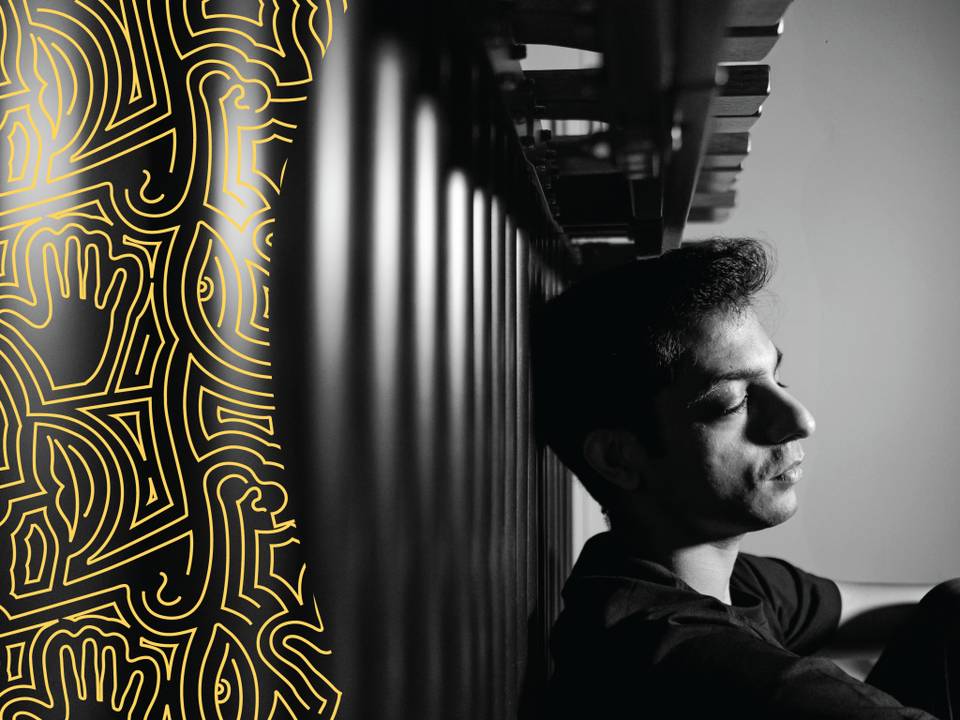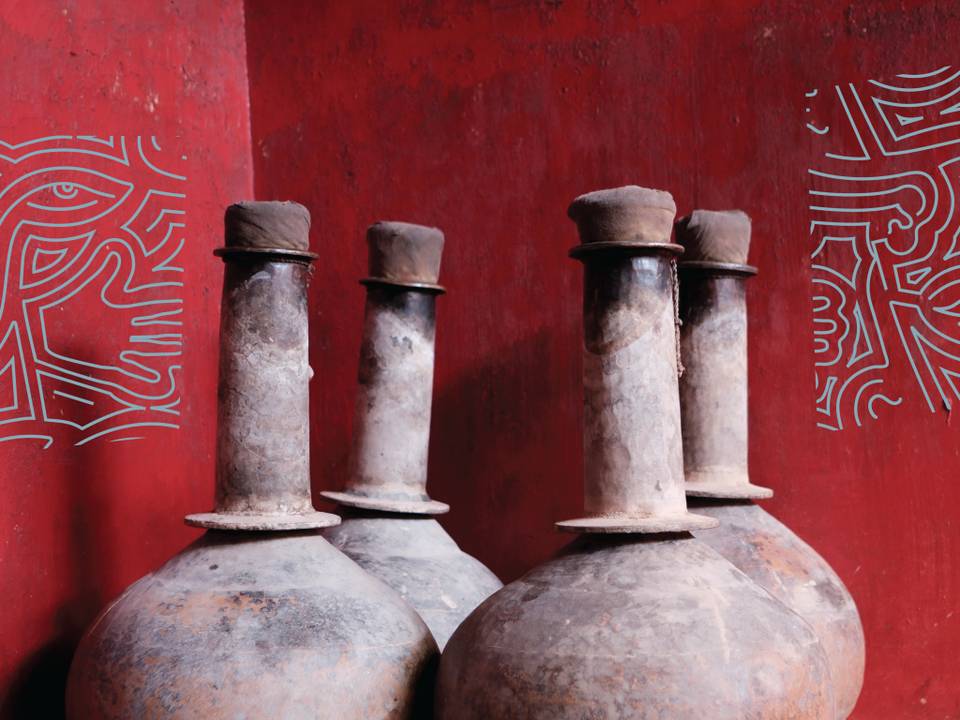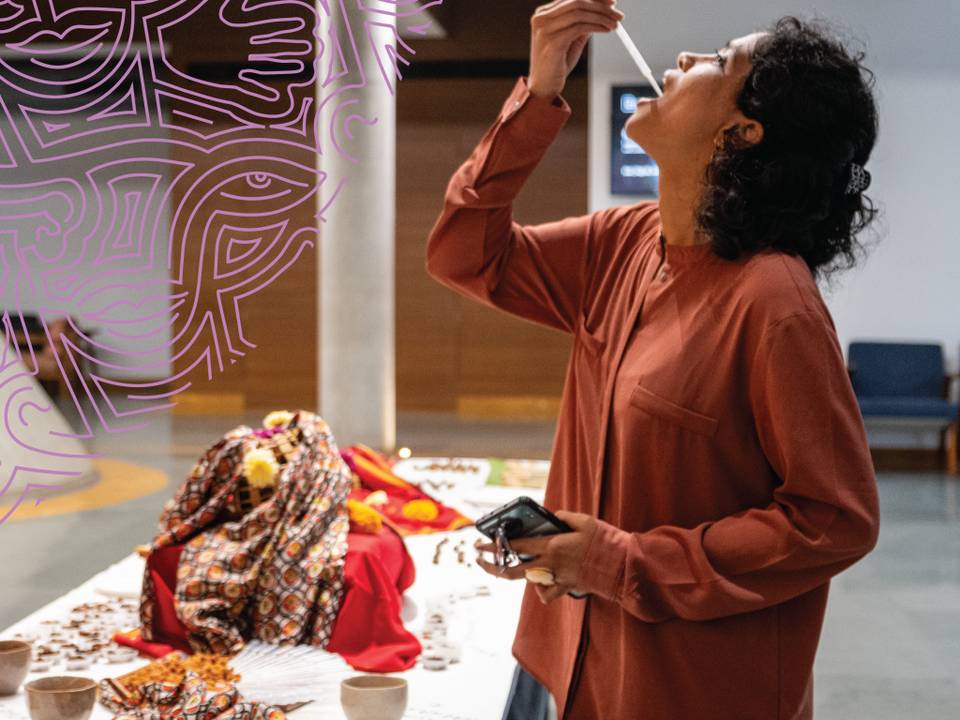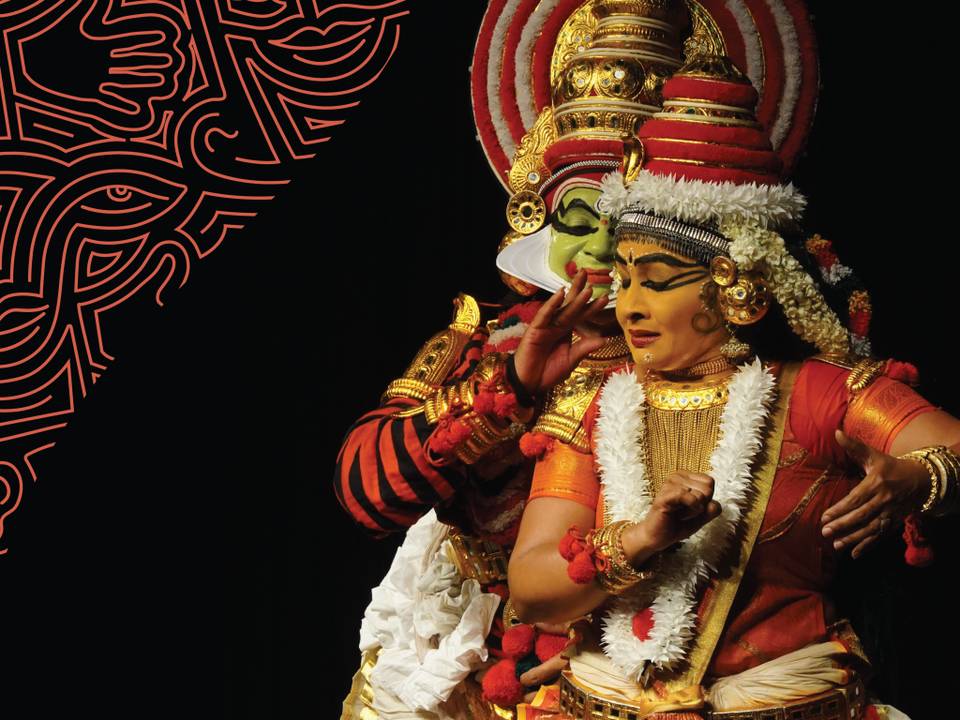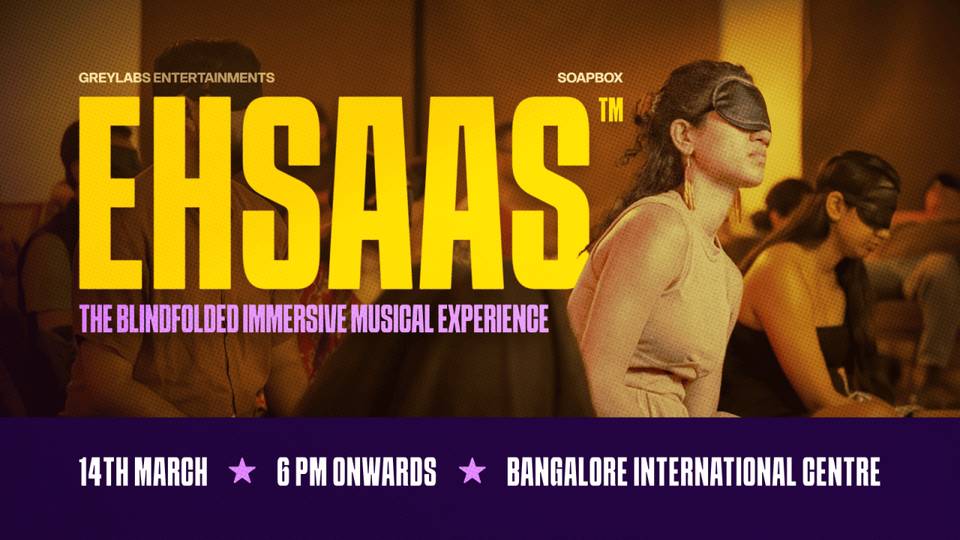Aesthetic City - Arts of Urban Transformation

Details
Jul 07 2024 to Jul 07 2024 5 p.m.
EVENT HAS ENDED
Where
Bangalore International Centre
7 4th Main Rd, Stage 2, Domlur 560071
Event Description
Taking the once idyllic “garden city” of Bangalore in southern India as its point of departure, Jisha Menon’s book, Brutal Beauty: Aesthetics and Aspiration in Urban India explores how artists across India engage with urban transformations. The book conveys the affective life of the city through multiple aesthetic projects that express a range of urban feelings, including aspiration, panic, and obsolescence. As developers and policymakers remodel the city through tumultuous construction projects, urban beautification, privatization, and other templated features of “world‑class cities,” urban citizens are also changing—transformed by nostalgia, narcissism, shame, and the spaces where they dwell and work. Sketching out scenes of urban aspiration and its dark underbelly, Menon delineates the creative and destructive potential of India’s lurch into contemporary capitalism, uncovering the interconnectedness of local and global power structures as well as art’s capacity to absorb and critique liberalization’s discontents. She argues that neoliberalism isn’t just an economic, social, and political phenomenon; neoliberalism is also a profoundly aesthetic project. A talk with Jisha Menon will be followed by a Q&A session with the audience. Speaker Jisha Menon Prof., Theatre & Performance, Stanford University Jisha Menon is Professor of Theater and Performance Studies, and (by courtesy) of Comparative Literature at Stanford University. She is currently the Fisher Family Director of Stanford Global Studies. Previous leadership roles at Stanford include positions as Faculty Director of Center for South Asia and Denning Faculty Director of Stanford Arts Institute. Her four books explore arts and aesthetics in relation to neoliberal capitalism, postcolonial nationalism, secularism, and geopolitical conflict. Her newest book, Brutal Beauty: Aesthetics and Aspiration in Urban India considers the city and the self as aesthetic projects that are renovated in the wake of neoliberal economic reforms in India. Her first book, The Performance of Nationalism: India, Pakistan and the Memory of Partition, recuperates the idea of “mimesis” to think about political history and the crisis of its aesthetic representation, while examining the mimetic relationality that undergirds the encounter between India and Pakistan. She is also co-editor of two volumes: Violence Performed: Local Roots and Global Routes of Conflict (with Patrick Anderson) and Performing the Secular: Religion, Representation, and Politics (with Milija Gluhovic). Her current research project, Confessional Performance: The Cultural and Legal Arts of Personhood, explores how legal practices entrench a particular liberal topology of personhood, and how this conception departs from societies where persons are conceived in more plural and discontinuous ways.



